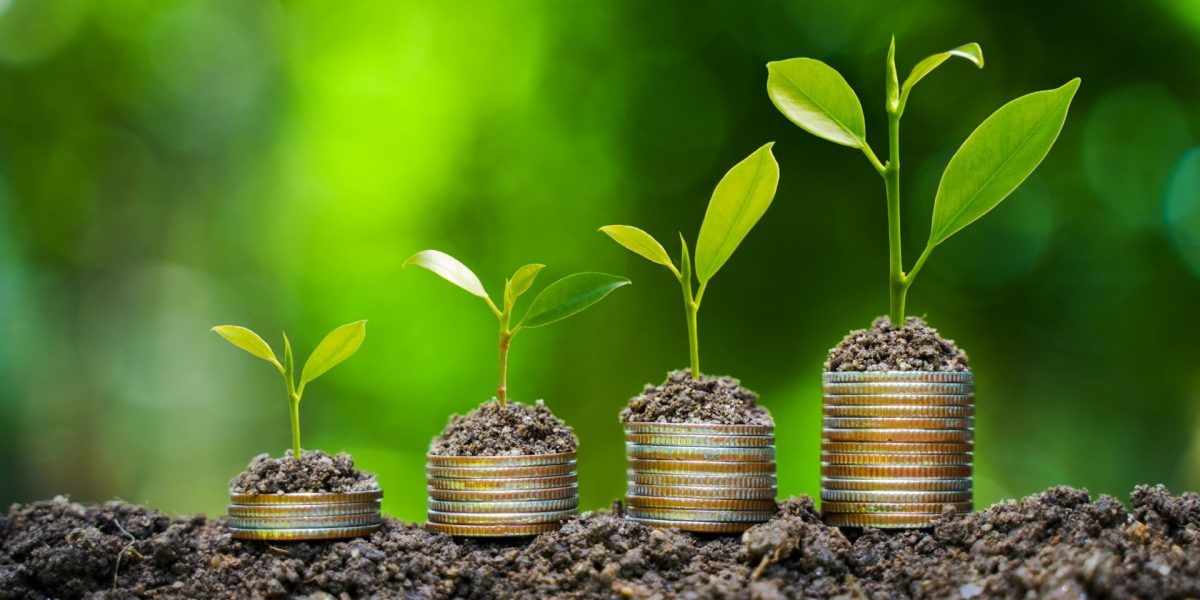Introduction
As South Africa pursues its policy objectives for its G20 presidency in 2025, it must contend with a fractious international environment. In the run-up to its presidency, South Africa announced four priorities that it wishes to elevate: (1) strengthening disaster resilience and response; (2) ensuring debt sustainability for low-income countries; (3) mobilising finance for a just energy transition; and (4) harnessing critical minerals for inclusive growth and sustainable development.1G20 South African Presidency, “Concept Note and Calendar: G20 South Africa”, 2024.
Aligned with the objective of mobilising finance for a just transition, South Africa has sought to achieve consensus on enhancing both the quality and the quantity of climate finance directed toward developing countries. The focus that South Africa has selected on mobilising finance for just energy transitions is well-suited to the country’s experience. By launching its Just Energy Transition Partnership (JETP), a financing cooperation mechanism with pledges of $8.5 billion, at COP26 in 2021, South Africa established a strategic alignment between its domestic energy transition and global efforts. This was the first time that such a partnership had been forged. South Africa’s G20 presidency is therefore an ideal opportunity to elevate country platforms within the G20 agenda. South Africa’s presidency of the G20 also presents a crucial opportunity to bring African concerns about climate finance to the forefront. This is especially significant in light of the US’s entry to the G20 in 2023.2World Economic Forum, “The African Union Has Been Made a Permanent Member of the G20 – What Does It Mean for the Continent?” 2023, accessed August 4, 2025.
Advancing Climate Finance: Brazil 2024
Brazil’s G20 presidency ensured tangible outcomes and areas of work that have shaped South Africa’s approach to its own G20 presidency. The Rio de Janeiro Leaders’ Declaration addresses several climate finance-related issues and underscores the need for increased international collaboration and support to scale up public and private climate finance for developing countries. The declaration supports the G20’s Sustainable Finance Roadmap and, reiterating the New Delhi G20 Leaders Declaration, recognises the need to rapidly and substantially scale up climate finance from billions to trillions from all sources. This includes optimising the operations of climate and environmental funds to align with countries’ needs and priorities. Mobilising resources was another of the key areas that support the drive to scale up climate finance. The declaration highlights the necessity of mobilising both public and private capital to finance projects and programmes in developing countries. This includes creating country-led platforms (like South Africa’s JETP) that are flexible and well adapted to national circumstances to effectively match mitigation, adaptation, and resilience-building challenges with concrete financial resources. Emphasis was given to the importance of accelerating technological innovation and enhancing resilience while supporting ambitious green industrial planning and strategies. Reforming international financial architecture was another of the key areas of work. There was a commitment to accelerating the reform of the international financial architecture to meet the urgent challenges of sustainable development and climate change. This includes ensuring that risks are well captured and increasing the transparency of credit ratings and country risk assessments.








